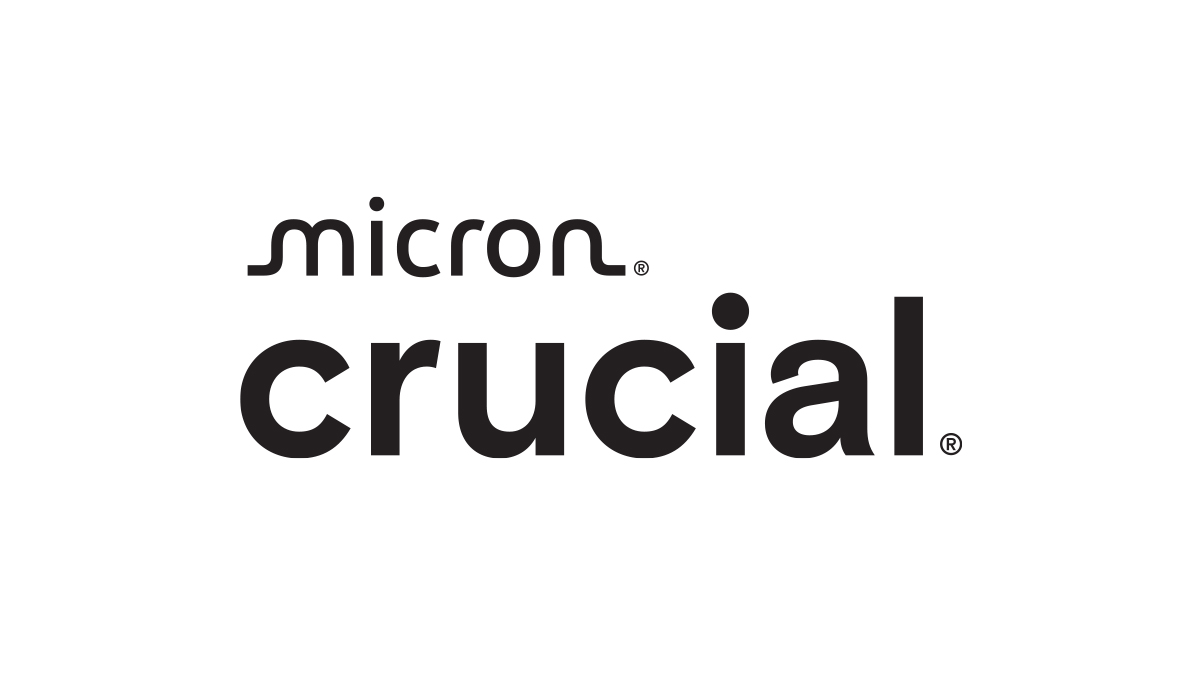I was mounting a NVR in a rack and the harddrive popped out of the drive bay and unfortunately onto a concrete floor. Noting looks physically damaged on the harddrive but the NVR is not accepting the harddrive.
I don't have a PC I can plug it into so I can run CrystalDisk Info.
I don't have a PC I can plug it into so I can run CrystalDisk Info.

